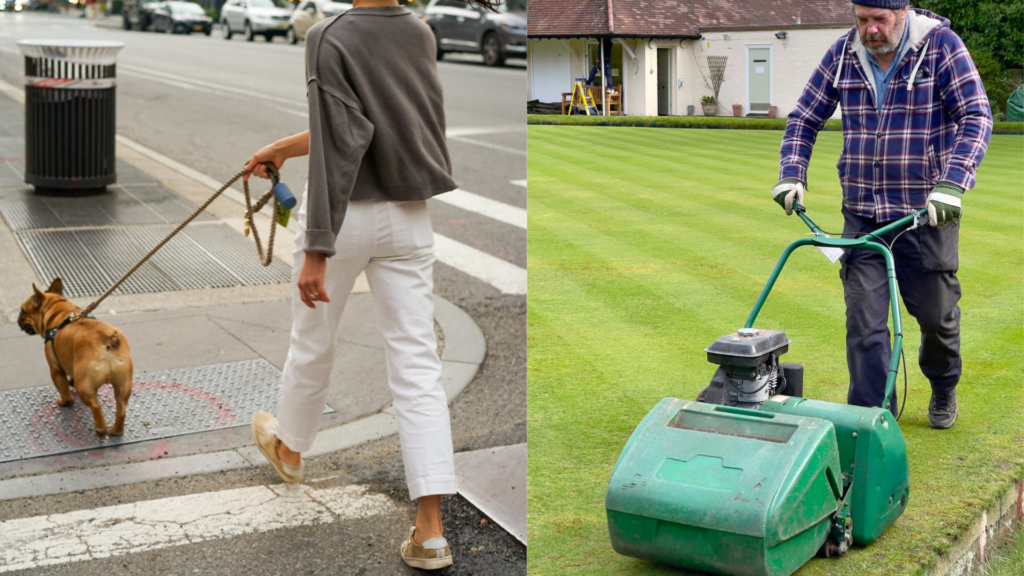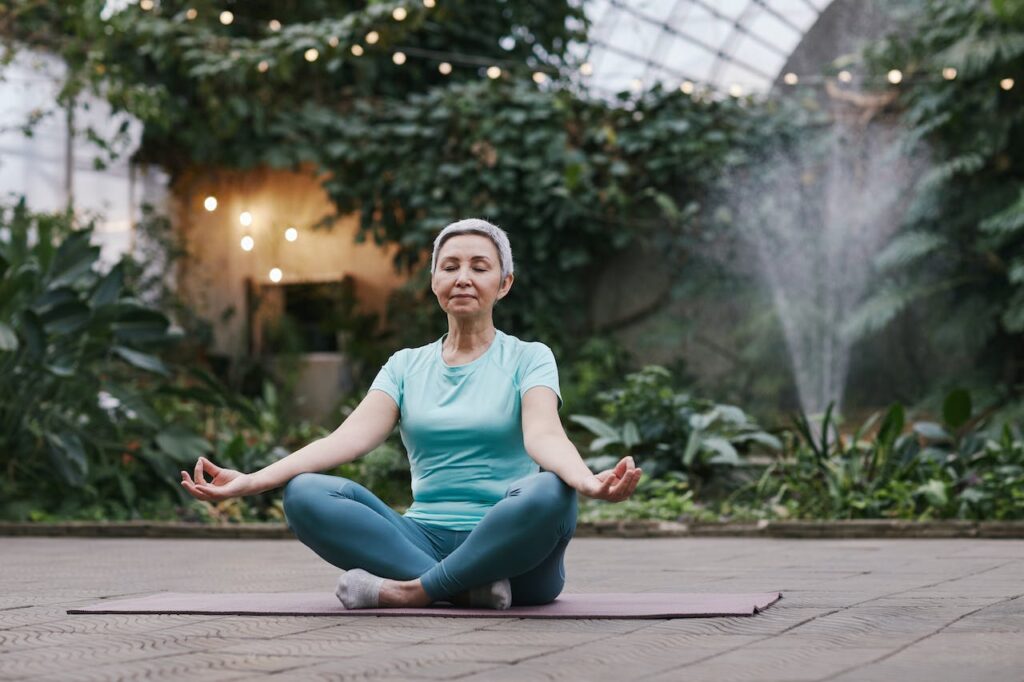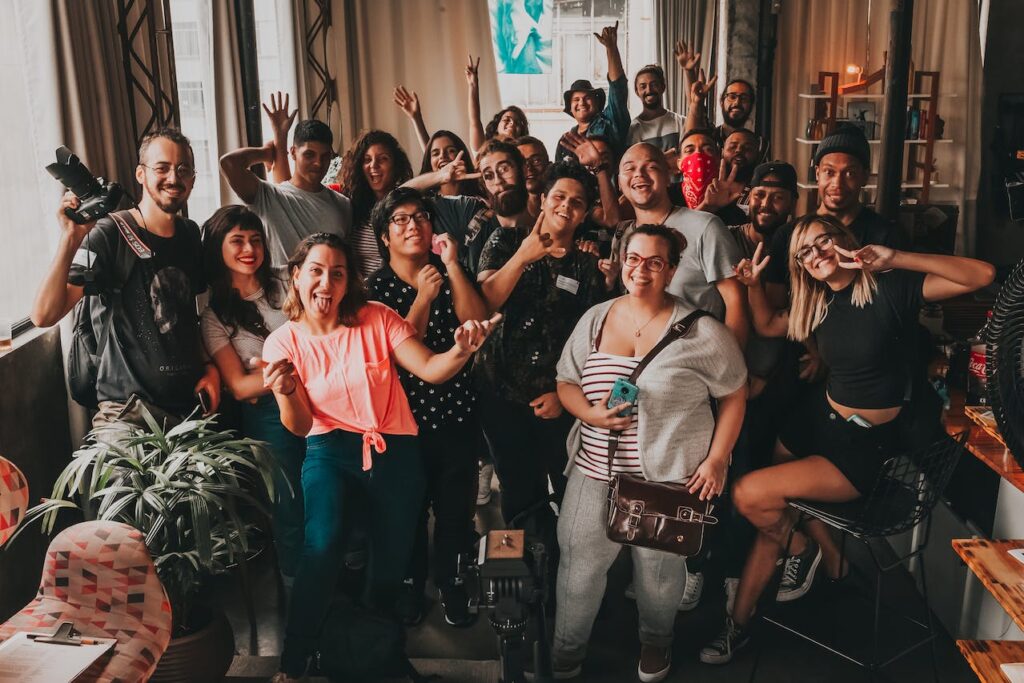यौन स्वास्थ्य के सभी पहलुओं के लिए व्यापक जानकारी प्राप्त करें और अपने यौन कल्याण को सशक्त बनाने के लिए संसाधन और मार्गदर्शन खोजें।
Painful erections never indicate normalcy, and sometimes signal a medical emergency. Severe pain may necessitate…
यौन स्वास्थ्य के सभी पहलुओं के लिए व्यापक जानकारी प्राप्त करें और अपने यौन कल्याण को सशक्त बनाने के लिए संसाधन और मार्गदर्शन खोजें।
Painful erections never indicate normalcy, and sometimes signal a medical emergency. Severe pain may necessitate…
Erectile dysfunction (ED) means having trouble getting or keeping an erection that’s good enough for…
Achieving and maintaining a strong penile erection is a common concern for many men. It…
Feeling nervous about sexual performance, known as Sexual Performance Anxiety (SPA), is pretty common. But…
The underlying cause as well as the severity of pain determine the varied treatment approaches…
Erectile dysfunction (ED) is a condition that affects many men worldwide, leading to significant stress,…
Assertiveness is a crucial skill that enhances communication, reduces stress, and promotes self-confidence. It enables…
Numerous inhabitants residing in the initial Blue Zones® regions embrace nine beneficial lifestyle practices that contribute to their extended and healthier lifespans.
विषयसूची
विषयसूचीThe term “Blue Zone” refers to specific geographic regions, which are not defined by scientific criteria, where some of the world’s longest-living individuals reside.
The term was coined by author Dan Buettner during his research into areas known for their remarkable longevity. These regions earned their name because Buettner and his colleagues marked them with blue circles on a map.
In his book, “The Blue Zones,” Buettner highlights five well-known Blue Zones:
It’s important to note that while Buettner’s book discusses these specific Blue Zones, there may be other unidentified regions around the world that also exhibit characteristics of longevity.
Watch the inspiring documentary यहाँ.
Many residents living in the original Blue Zones® areas share nine healthy lifestyle habits that help them live longer, healthier lives.
The world’s longest-living individuals don’t engage in weightlifting, run marathons, or become members of fitness centers. Instead, they reside in environments that consistently encourage them to move effortlessly and without conscious effort.
They inhabit areas where walking to the store, a friend’s house or places of worship is routine. Also, their homes feature stairs and gardens in their yards.

To incorporate natural movement into your daily routine, consider introducing some inconveniences. Opt for an extra trip up or down the stairs instead of carrying items to address later. Choose to walk to your airport gate instead of using the moving walkway or park at a distance from the store’s entrance. Take time to walk your dog, and handle your own yard and household chores. Reduce your reliance on time-saving electronics and power equipment that have ostensibly “simplified” your life.
The Okinawans refer to it as “Ikigai,” and the Nicoyans term it “plan de vida,” but for both, it signifies “the reason for waking up in the morning.” Having a sense of purpose is closely linked to health and longevity. Research also demonstrates that individuals who have a clearly defined life goal tend to live longer than those who don’t.
Read more on Ikigai.

You can begin exploring your own purpose by conducting an internal assessment of your life. Seek to identify and express your values, passions, talents, and gifts. Determine the activities you enjoy and those you do not. Subsequently, find ways to leverage your abilities to create meaning in your own life and make a positive impact on the lives of others.
Stress is a precursor to chronic inflammation, a factor linked to all major age-related illnesses. While stress is universal, the world’s longest-living individuals have established daily practices to alleviate it. Okinawans set aside moments to honor their ancestors, Adventists engage in prayer, Ikarians enjoy a nap, and Sardinians partake in a cheerful happy hour.

You, too, can discover a stress-relief approach that suits you and incorporate it into your daily routine. By doing so, you can experience benefits for both your physical and emotional well-being!
The 80% Rule of Power 9 emphasizes the removal of items from your everyday diet, rather than adding more to it.
By uttering the age-old Confucian phrase “Hara hachi bu” before meals, Okinawans are reminded to halt eating when their stomach reaches 80% full. This 20% buffer between not being hungry and feeling completely full can make a significant difference in weight maintenance, potentially preventing weight gain.
You can also consider swapping out larger dinnerware for 10-inch plates and using tall, slender glasses. Eliminating televisions from the kitchen is another helpful step. It’s worth noting that people in the Blue Zones areas typically consume their smallest meal in the late afternoon or early evening and refrain from eating for the remainder of the day.
While the majority of individuals in the Blue Zones regions consume only modest quantities of meat on rare occasions, they all incorporate a diverse range of fresh fruits and vegetables into their diets, brimming with valuable nutrients that combat disease. At the heart of most centenarians’ nutritional choices are legumes, with favorites including fava beans, black beans, soybeans, and lentils.
If you choose to include meat in your diet, consider it as a condiment and prioritize acquiring the leanest, highest-quality meat you can afford. Restrict your meat portions to match the size of a deck of cards. Also, avoid consuming it more than twice a week.

This Power 9 approach aligns with the USDA’s MyPlate guidelines, which emphasize prioritizing fruits, vegetables, and grains as the primary components of your diet. Additionally, incorporating nuts into your diet—just a handful each day—can potentially extend your life expectancy by 2-3 years!
Related: What is The Mediterranean Diet?
Enhance your sense of happiness by sharing your day with others. Whether it’s gathering for a meal or meeting up for a cup of tea or a glass of wine, the advantages of daily interaction with friends and family happen when one concludes work at a reasonable time and indulges in a daily stress-relieving and social experience.

The individuals with the longest lifespans deliberately select or are naturally part of social circles that promote healthy habits. For instance, Okinawans form “moais,” which are groups of five friends dedicated to a lifelong commitment to each other.

Research based on the Framingham Studies reveals that behaviors such as smoking, obesity, happiness, and even loneliness can spread within networks. In contrast, the social connections among those who enjoy long lives actively influence their health behaviors in a positive manner.
Out of the 263 centenarians interviewed in the initial Blue Zones region studies, only five were not affiliated with any faith-based community. Being a part of a civic or faith-based organization is beneficial, as robust social connections can contribute to your longevity.

If you are already a member of such a group, that’s fantastic! However, if it’s been some time since you’ve participated or if you’re uncertain about where to begin, consider seeking recommendations from friends and neighbors or conducting online research to find suitable options.
Centenarians residing in the Blue Zones regions, who enjoy both happiness and good health, prioritize their families. This commitment can manifest in various forms. It includes :
This can potentially extend life expectancy by up to 6 years.

Caring for their children is also of paramount importance for many reasons, and individuals in the Blue Zones areas often go the extra mile to invest time and affection in their children, fostering a sense of reciprocity and ensuring that they will be cared for when the need arises.
The “Power 9” reveals that achieving a lengthy and vibrant life stems from establishing an environment that consistently and subtly encourages you, your family, and your community to adopt the right behaviors, much like the way the Blue Zones actively promote well-being among their populations.
ग्रंथ सूची:
एमबीबीएस और एमडी डिग्री वाली मेडिकल डॉक्टर डॉ. निष्ठा पोषण और कल्याण के प्रति गहरी रुचि रखती हैं। शारीरिक और मानसिक स्वास्थ्य के साथ महत्वपूर्ण संघर्षों से भरी उनकी व्यक्तिगत यात्रा ने उन्हें अनगिनत व्यक्तियों के सामने आने वाली चुनौतियों के प्रति एक अद्वितीय सहानुभूति और अंतर्दृष्टि प्रदान की है। अपने स्वयं के अनुभवों से प्रेरित होकर, वह व्यावहारिक, साक्ष्य-समर्थित मार्गदर्शन प्रदान करने के लिए अपनी पृष्ठभूमि का लाभ उठाती है, जिससे दूसरों को समग्र कल्याण प्राप्त करने के रास्ते पर सशक्त बनाया जा सके। डॉ. निष्ठा वास्तव में मन और शरीर के अंतर्संबंध में विश्वास करती हैं। वह जीवन में संतुलन और खुशी प्राप्त करने की दिशा में एक महत्वपूर्ण कदम के रूप में इस संबंध को समझने के महत्व पर जोर देती है।

